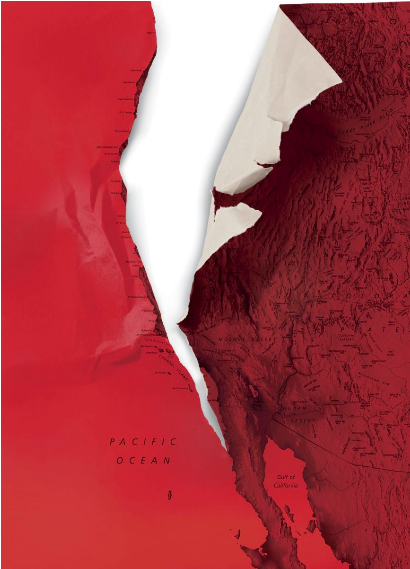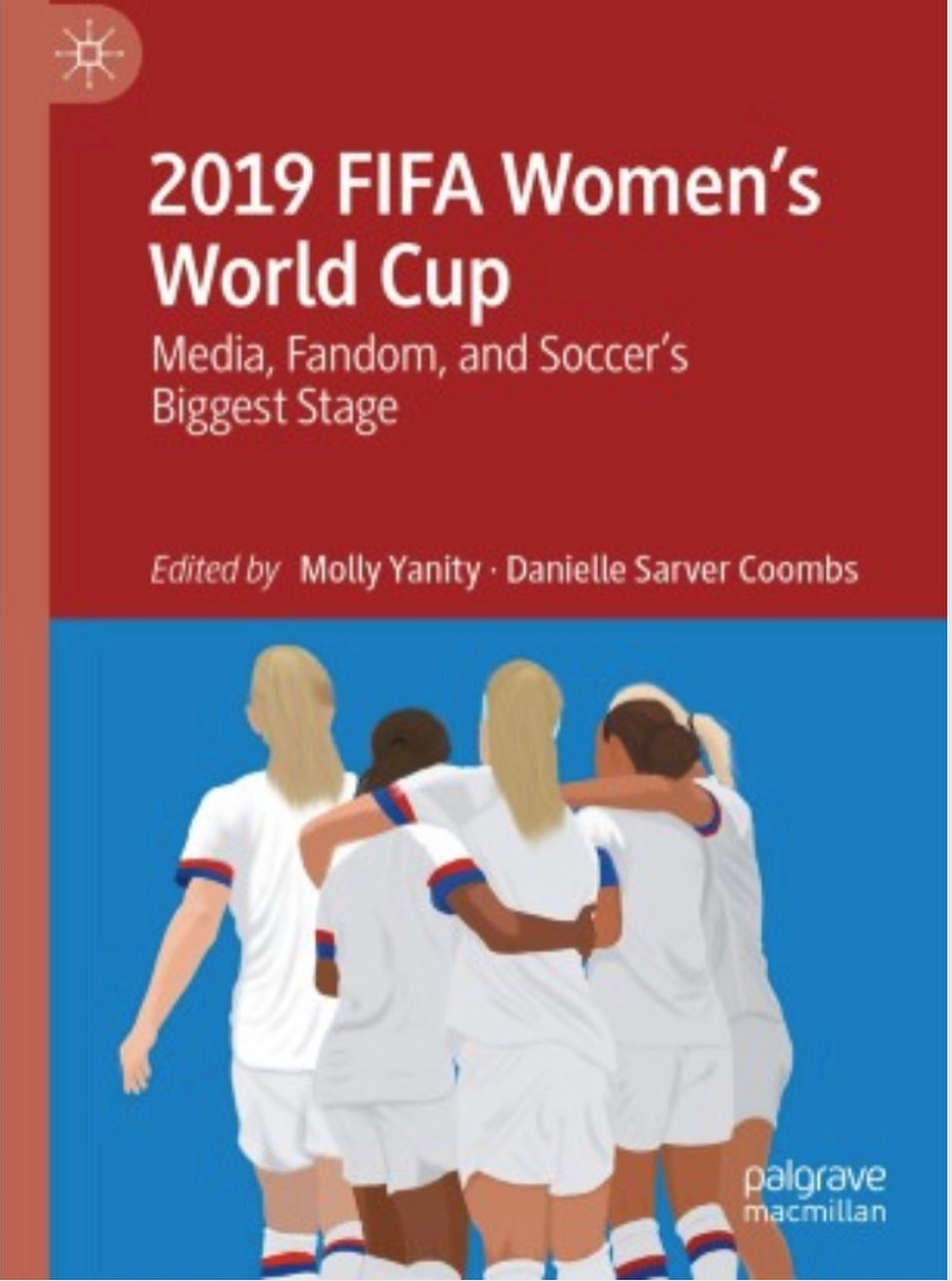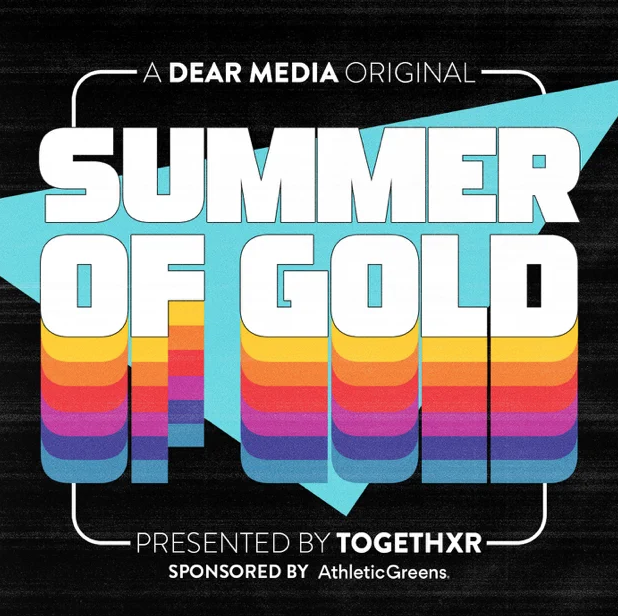 ILLUSTRATION BY CHRISTOPH NIEMANN; MAP BY ZIGGYMAJ / GETTY ILLUSTRATION BY CHRISTOPH NIEMANN; MAP BY ZIGGYMAJ / GETTY WEEK 4: What is truth? | WEEK 5: Become the expert | WEEK 6: Make your words sing Each writer brings his or her own baggage to every story they write. You bring your whiteness, your blackness, your femaleness, your heterosexuality, your love affair with your partner, your crappy breakup with your ex, your bad mood, your political leanings, etc. All of these things -- whether you want it to, or not -- will affect how you report and write a story. There is no such thing as the objective journalist, I tell my students. Of course, that doesn't mean you can't be fair -- as a matter of fact, you better be. It doesn't mean you aren't still required to explore different avenues than the ones you daily trod, or that you aren't fully expected to understand a mindset you don't initially comprehend, or an opinion with which you don't agree. Successfully doing this is one of the greatest challenges of being a journalist. So, how do you do it? You do it by becoming an expert in it. When I was a sports writer at the Seattle Post-Intelligencer, I primarily covered college football. As a 30-something, white woman, I had no idea what it was like to be an 18- to 22-year old guy playing football. I didn't have the experience of coaching these young men. I also didn't know how to administer a big-time athletic program in a premier conference. The vast majority of the people covering politics have never been a politician. The journalists who write about medicine most likely haven't performed surgeries. Education reporters most likely aren't spending a lot of time in front of 30 fifth-graders. But, that doesn't mean I didn't, or any of these other journalists, don't do a great job of covering their respective beats or topics. You become an expert by reporting, listening and constantly learning. You talk to the people involved. You observe their routines. You ask questions about them. You research everything you can about the routines, the people , the ideas. I often tell a story about my first assignment at the Daily Pilot in 1997. I had just moved to Orange County, California. (Remember, I grew up in the midwest.) My sports editor, an old, gruff-but-lovable man named Roger Carlson sent me out for my first assignment at Corona del Mar High School to cover the U.S. men's water polo team. I thought, "The horses get in the water?" Suffice it to say, I knew nothing about water polo. (Keep in mind, this was well before Google -- or even the web on every computer -- was a thing.) I went into the Pilot's library, pulled out an encyclopedia and read about water polo. I called USA Water Polo and had them send me information. I went out to the high school and sat pool-side with an older gentlemen who told me everything he could about the players, the sport, the team, the competition. Before the month was up, I knew more about water polo -- and the international competition -- that I could've imagined. As I read the following story -- for which The New Yorker's Kathryn Schulz won a 2016 Pulitzer Prize -- I wondered how much Schultz knew of seismology, of geography and of earthquakes before she embarked upon this story. My guess is not a whole lot (especially compared to what is packed into this brilliant piece.) Yet, the Pulitzer committee wrote that she won the prestigious award for "an elegant scientific narrative of the rupturing of the Cascadia fault line, a masterwork of environmental reporting and writing." Entitled "The Really Big One," Schulz mixes science with history, culture and economics -- and just enough terror, imagination and fact to make this one of the best stories I've read in some time. STILL LOOKING FOR MORE? Read anything and everything you can by Eli Saslow. I think he's the best reporter/writer in journalism right now and I think every young journalist -- no, I think EVERYONE -- should read his work. For this six-part series on food stamps for the Washington Post, Saslow won the 2014 Pulitzer for Explanatory Reporting. Read the first article, or the entire series. What is #QUreads? Each Monday, I will tweet a link to a blog post that will include a selected reading and an explanation of why you should read and study it. You can find it using the hashtag any time. My prediction is that, if you read and study these stories, you will be a better writer by the end of the summer. Granted, if you practice in a journal, read consistently, take note of style and think about what might the writer's decision-making process be, you will improve greatly. I'm just here to help the process along for you. Feel free to use the Comments section here or on Twitter to discuss the articles and writing techniques, to ask questions, or offer links to other great stories.
0 Comments
Leave a Reply. |
2019 FIFA Women's World Cup: Media, Fandom, and Soccer's Biggest Stage is available online and in hardback from Palgrave Macmillan.
Molly Yanity, Ph.D.
|


